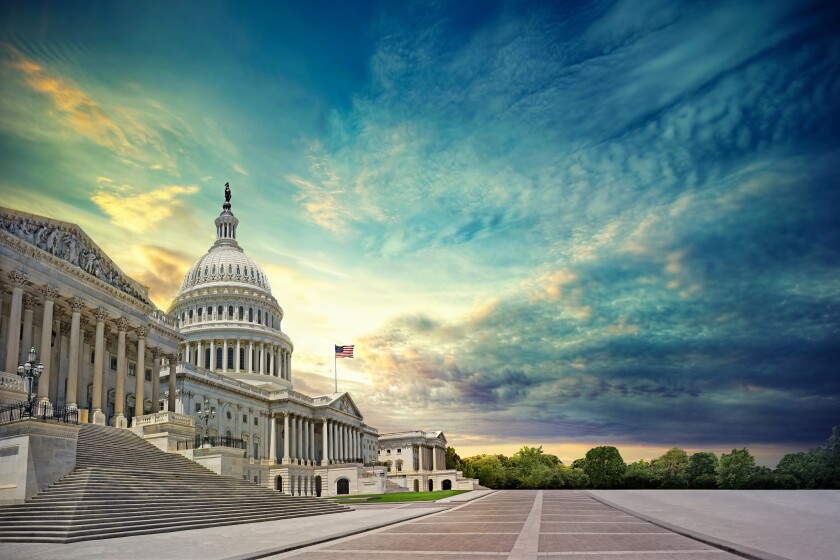Senators introduced legislation yesterday, March 16, to ensure that safety standards do not lose copyright protection if they get incorporated into a law that references their name – so long as the standards remain freely available online.
The Protecting and Enhancing Public Access to Codes (Pro Codes) Act of 2023 was introduced by Democratic senators Chris Coons and Sheldon Whitehouse and Republican senators John Cornyn and Thom Tillis.
According to a summary of the bill, non-profit standards development organisations, which create standards on safety matters such as fire safety or building codes, sell copies of their work to professionals to finance their activities.
Governments often incorporate these standards into laws that reference them by name.
But according to the bill’s summary, those standards are at risk of losing copyright protection when they become law.
Dain Hansen, executive vice president for government relations at the International Association of Plumbing and Mechanical Officials Group in Washington DC, said in a statement that his organisation has helped create rigorous codes and standards.
“With a growing list of challenges threatening the resiliency of our water systems, it is essential that the intellectual property of these codes and standards remain protected so that our communities can continue to benefit from the safety, innovation, and [efficiencies] embedded within,” he said.
Tillis said in a statement that standards should continue to be eligible for copyright protection.
“I believe the Pro Codes Act strikes the right balance to ensure those developing safety standards are able to afford to do their crucial work, while providing the public with free digital access to these standards,” he said.
The introduction of this bill comes amid a battle between non-profit organisation Public.Resource.Org, which focuses on sharing public-domain materials, and various non-profit standards development organisations.
Public Resource was sued for copyright infringement after it had distributed safety standards online that had already been incorporated into law.
The District Court of the District of Columbia ruled against Public Resource in 2017. But, in 2018, the Court of Appeals for the District of Columbia reversed the decision and remanded it back to the district court under the fair use doctrine.
The district court then ruled that Public Resource could reproduce 184 standards in their entirety and partly reproduce one. However, the court prevented the publication of other 32 standards.
The plaintiffs, which include American Society for Testing and Materials, National Fire Protection Association and the American Society of Heating, Refrigerating and Air Conditioning Engineers, have appealed the case back to the Court of Appeals.
Meanwhile, the Pro Codes Act has been referred to the Committee on the Judiciary, which will have to release the bill if it’s going to advance to the full Senate.











